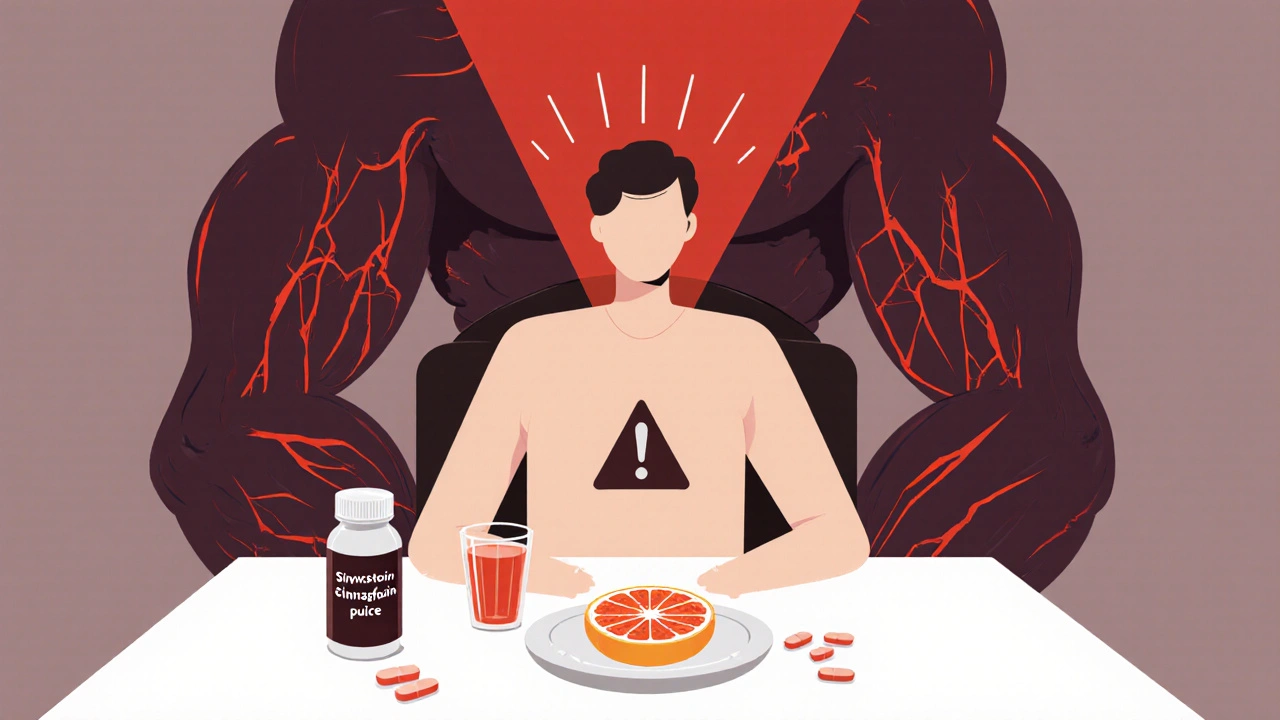CYP3A4 Drug Interaction: What You Need to Know About This Key Enzyme
When you take a pill, your body doesn’t just absorb it and call it a day. It has to break it down—and one of the main tools it uses is a liver enzyme called CYP3A4, a cytochrome P450 enzyme responsible for metabolizing over half of all prescription drugs. Also known as cytochrome P450 3A4, it’s the workhorse of drug processing in your body. If something blocks or speeds up CYP3A4, your medication can suddenly become too strong, too weak, or even toxic. This isn’t theoretical—it happens every day with common drugs like statins, blood thinners, and antidepressants.
CYP3A4 drug interaction isn’t just about one drug affecting another. It’s about what you eat, what you supplement, and even what you smoke. Grapefruit juice? It shuts down CYP3A4 in your gut, making drugs like simvastatin or felodipine pile up in your system. St. John’s wort? It flips the enzyme into overdrive, flushing out meds like birth control or cyclosporine before they can do their job. Even some antibiotics and antifungals can mess with it. And here’s the catch: you might not feel a thing until something goes wrong—a muscle injury from a statin, a clot from a thinning blood thinner, or a seizure from an epilepsy drug dropping below the threshold.
What makes CYP3A4 tricky is that it’s invisible. You won’t see it on your prescription label. Your pharmacist might not flag it unless you’re on a high-risk combo. But if you’re taking more than one medication, especially for chronic conditions like high blood pressure, diabetes, or depression, you’re likely already in its zone. The good news? You don’t need a biochemistry degree to protect yourself. Just know the big players: grapefruit, St. John’s wort, ketoconazole, rifampin, and certain antivirals. Ask your doctor or pharmacist: "Could this interact with my CYP3A4?" That simple question can prevent a hospital visit.
The posts below cover real-world cases where CYP3A4 interactions caused real problems—and how people fixed them. You’ll find guides on how to spot risky combos, what to ask your provider, and how to avoid hidden dangers in supplements and even over-the-counter painkillers. Whether you’re on blood pressure meds, antidepressants, or something for chronic pain, this isn’t just about chemistry. It’s about staying in control of your health without playing guesswork with your body.
Grapefruit juice can dangerously increase simvastatin levels in the blood, raising the risk of muscle damage and kidney failure. Learn how much is unsafe, which statins are safer, and what symptoms to watch for.
Nov, 22 2025

